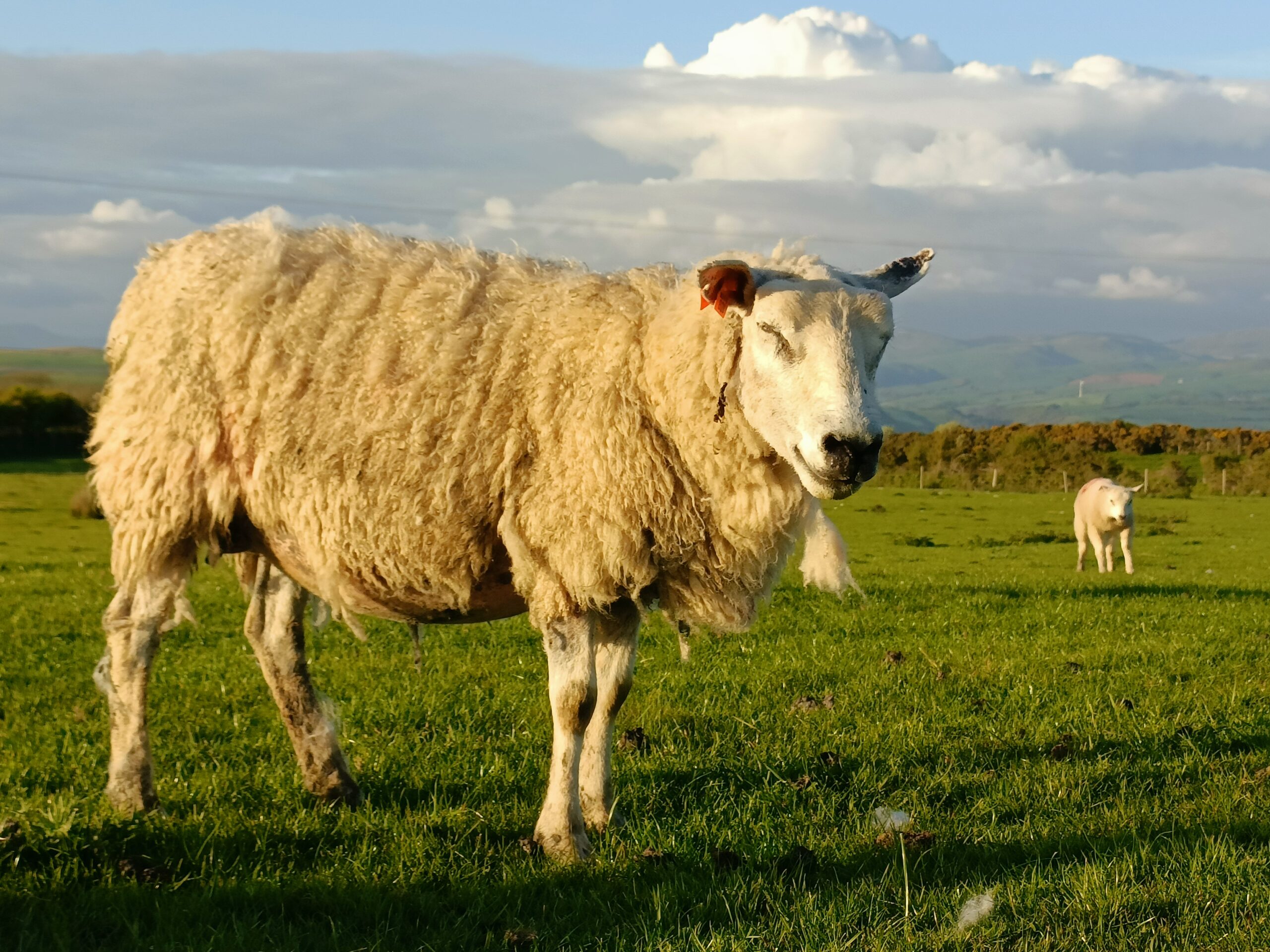Huw Irranca-Davies said four premises where bluetongue has been confirmed have been placed under restrictions as investigations on the source and spread of the disease continue.
The deputy first minister and rural affairs secretary told the Senedd appropriate local control zones will be declared, if required, and compensation will be paid for culled animals.
The first two cases of the year were confirmed in Powys and Monmouthshire on Monday but the minister confirmed in the Senedd today (October 1) the number has now risen to four.
Samuel Kurtz, the Tory shadow rural affairs secretary, pressed his opposite number about efforts to contain the disease as well as support farmers and livestock markets.
‘Huge drops’
Mr Kurtz, who is from a farming family, warned: “This is a serious concern for our farming industry,” as he called for support to help farmers with the costs of vaccination.
He questioned whether confirmation of the cases would change the Welsh Government’s approach to restrictions and how such measures will evolve in the weeks ahead.
The Conservative told the Senedd: “The impacts of the current restrictions have already been felt financially. The effect on livestock markets has been stark, with many reporting huge drops in turnover, almost overnight.”
Mr Kurtz said cattle movements across the border have dropped from thousands to only a few hundred, threatening the viability of markets which are central to the rural economy.
Mr Irranca-Davies replied: “If you are one of the farmers in proximity of one of these incidents, you should be having a discussion with your vet immediately about vaccination.”
He pointed to the “really significant” potential costs of not vaccinating, describing the Welsh Government’s approach as being to “control and contain” the confirmed cases.
‘Buying time’
Bluetongue – which affects sheep, cattle, deer, goats and camelids such as llamas and alpacas – does not affect people nor food safety.
The deputy first minister said the government’s response has sought to “buy time” for farmers and for the vaccination supply chain to build up.
He told Senedd members: “It’s not possible to protect livestock, livelihoods and the mental well-being of farmers by keeping this disease out without having some restrictions on animal movements but we’ll keep this, as we’ve always said, under review.
“But we recognise it has been disruptive: it could be a darn sight more disruptive economically – and in terms of health and welfare of farmers – if we’d let this rip across Wales in the way we are now seeing, regrettably, across parts of England.”
Llŷr Gruffydd, Plaid Cymru’s shadow rural affairs secretary, questioned the sufficiency of the Welsh Government’s response, suggesting ministers should have been more proactive.
Asked about the BTV-8 strain being found in Cornwall – the first confirmed UK case since 2008 – Mr Irranca-Davies said chief veterinary officers are in discussions about how to respond should the strain spread across parts of England.
‘Let this disease rip’
He told the chamber: “This is the news that we were dreading but we were also in some ways anticipating. Our control and containment measures were ready for this and in place.”
On local control zones, he said: “We wait to see if that is necessary and if we do need to take those measures, we will. It is in our mind but a decision has not been arrived at yet.”
Mr Irranca-Davies stated ministers will reconsider animal movement restrictions in the mid-winter based on new and emerging evidence.
He said: “There are some people… who are saying ‘well, this is mild, let this disease rip’. The experience in other parts of Europe but also the speed it’s now moving around England suggests this may not be the case and we really have to get ahead of this with vaccinations.”
The former MP stressed: “The way we keep this disease locked out – even with these four incidents – is to double down on the need that everybody needs to play by the same rules to protect every farmer in Wales.”
Discover more from Carmarthenshire News Online
Subscribe to get the latest posts sent to your email.



